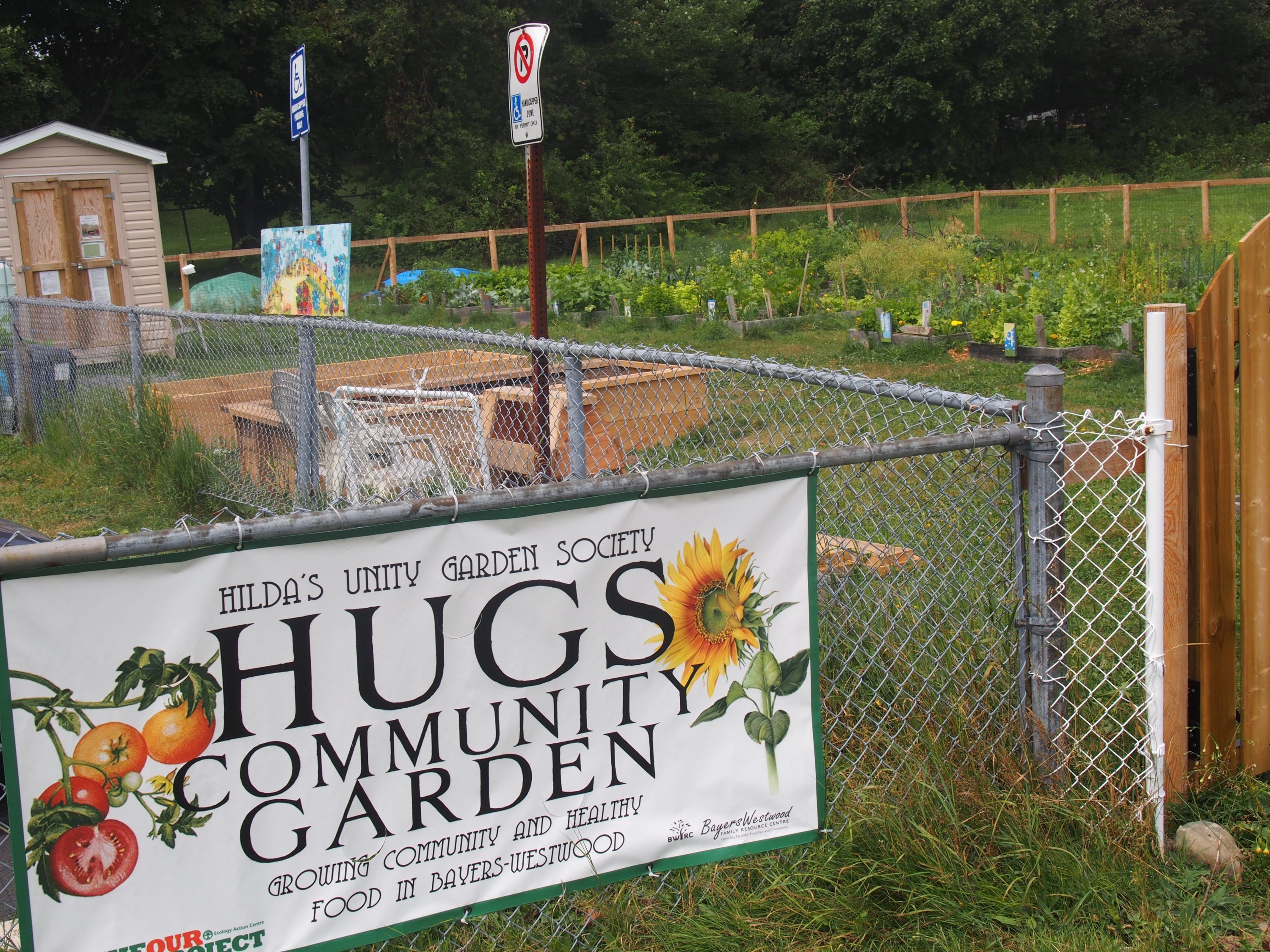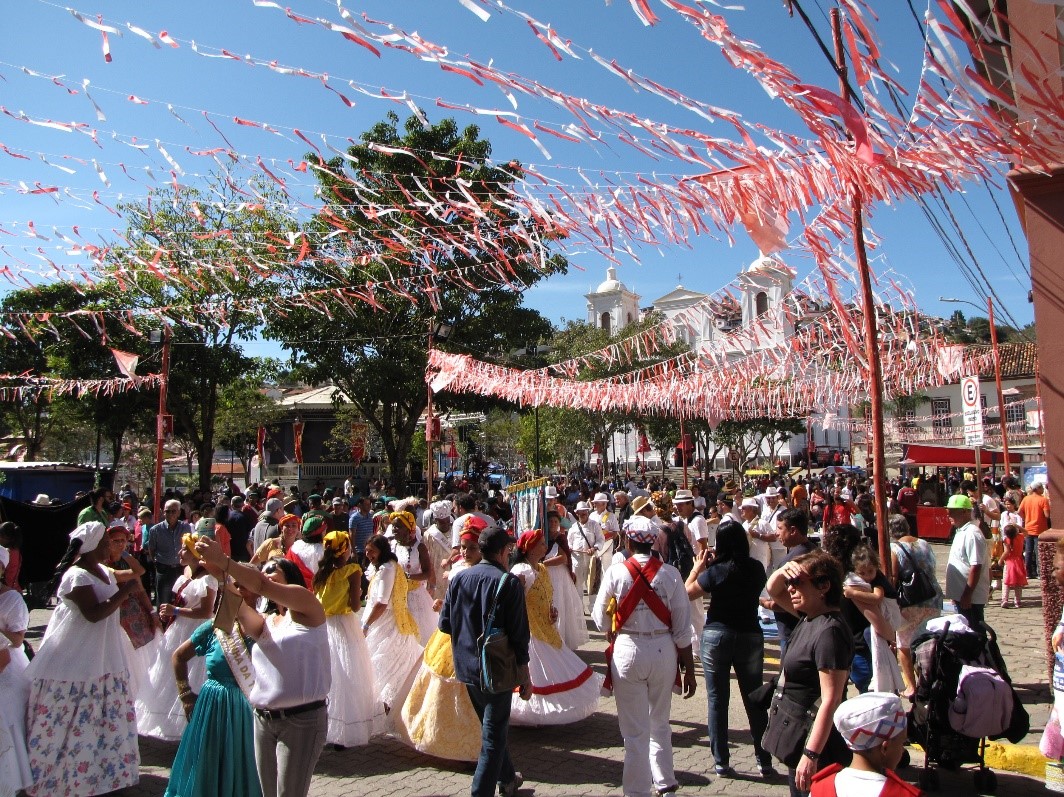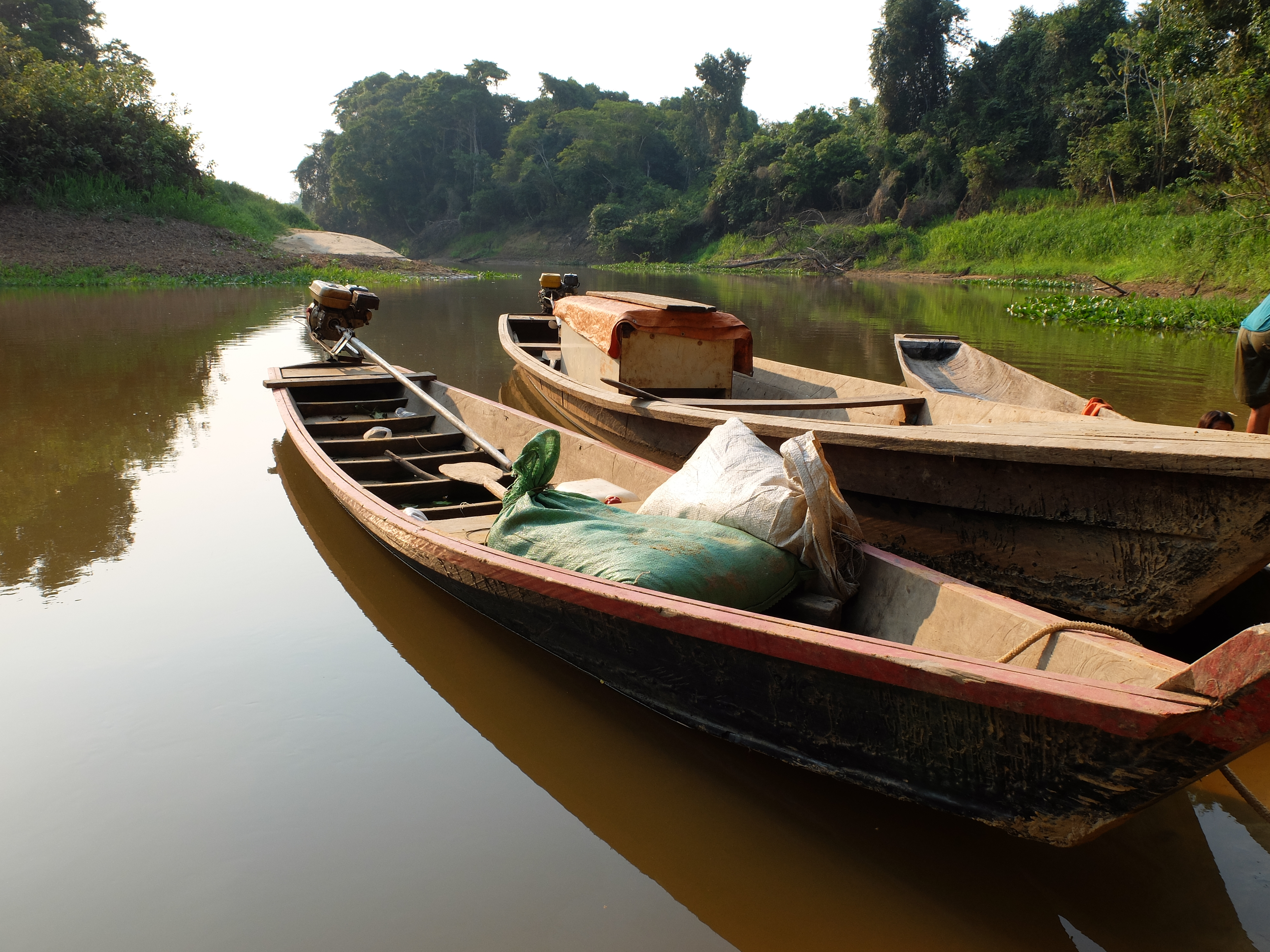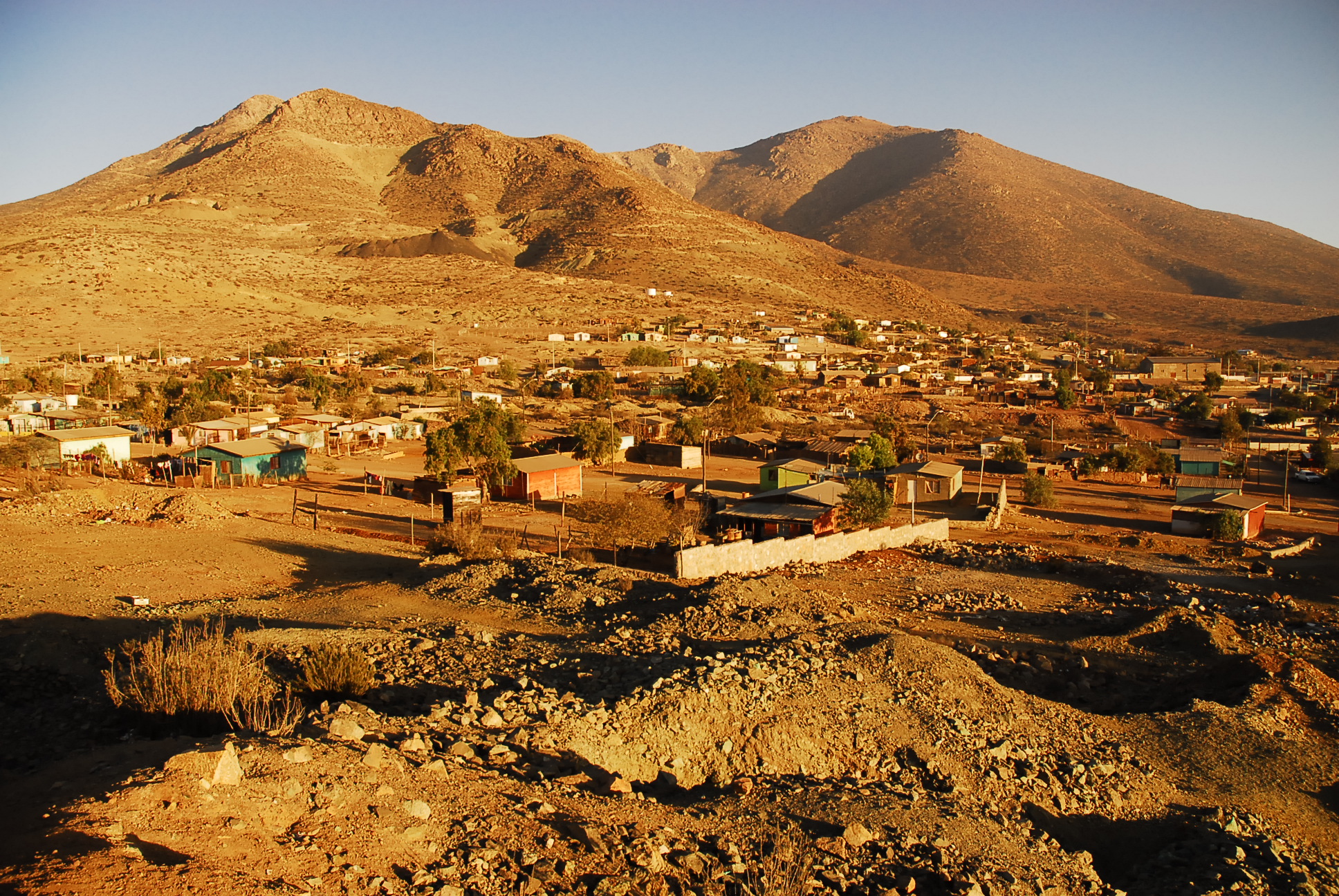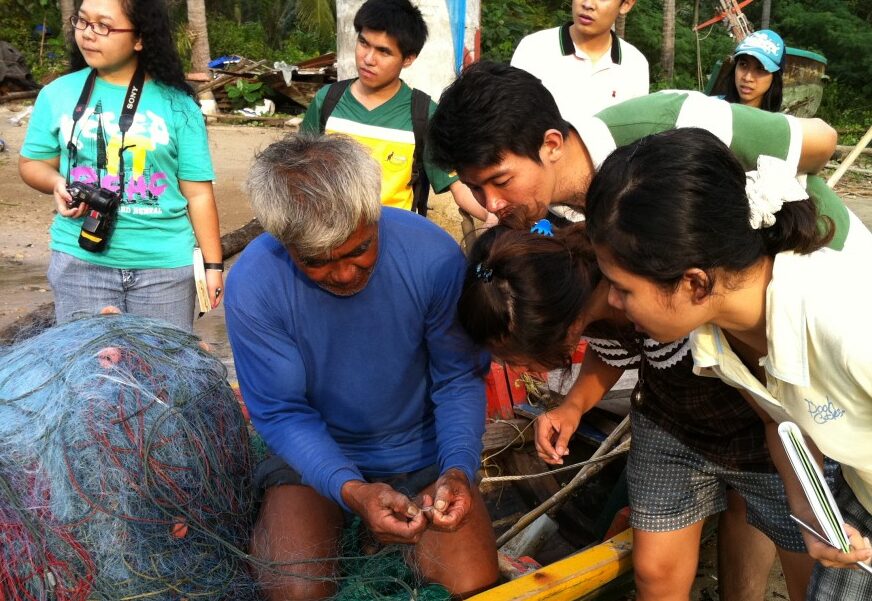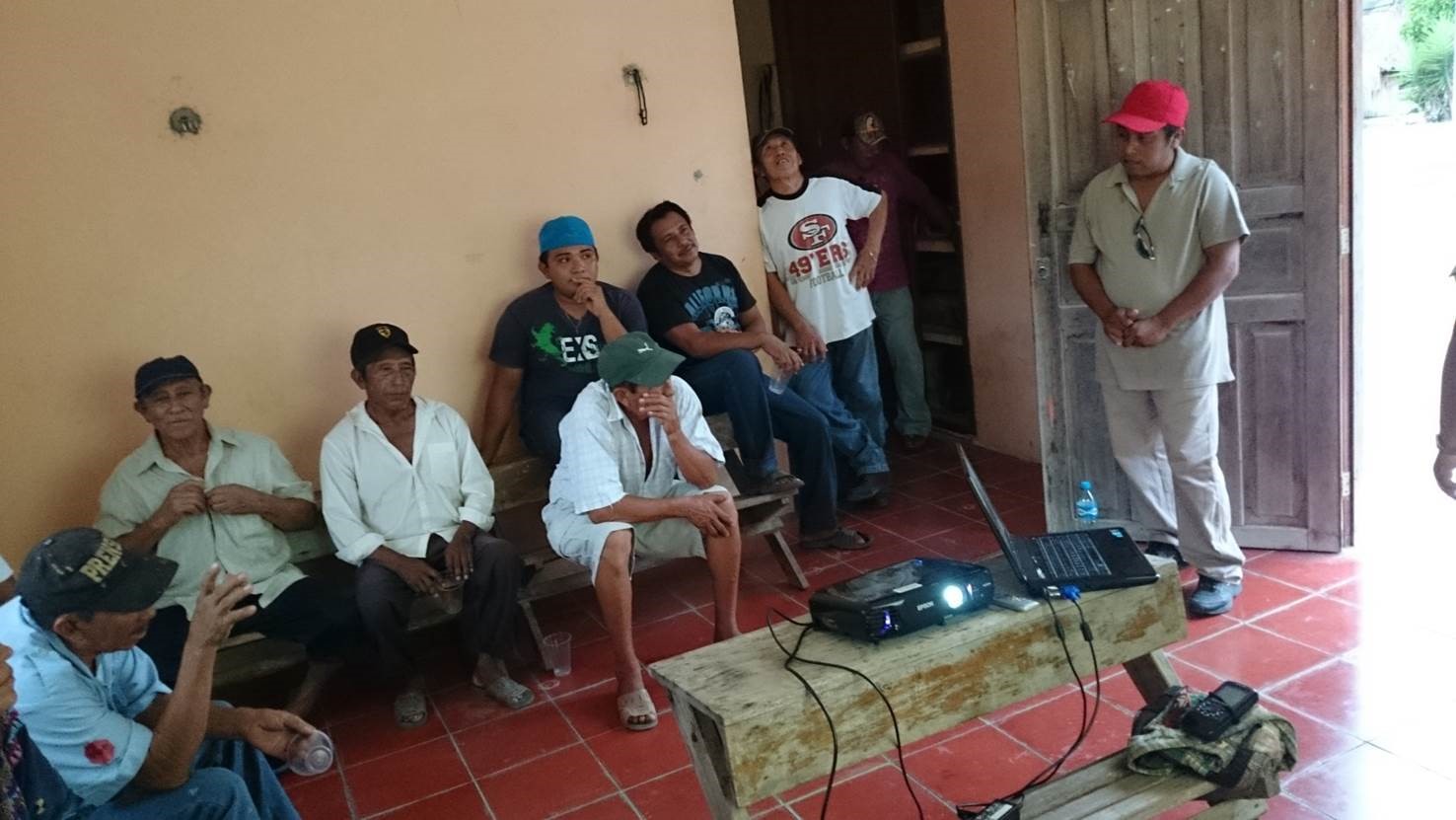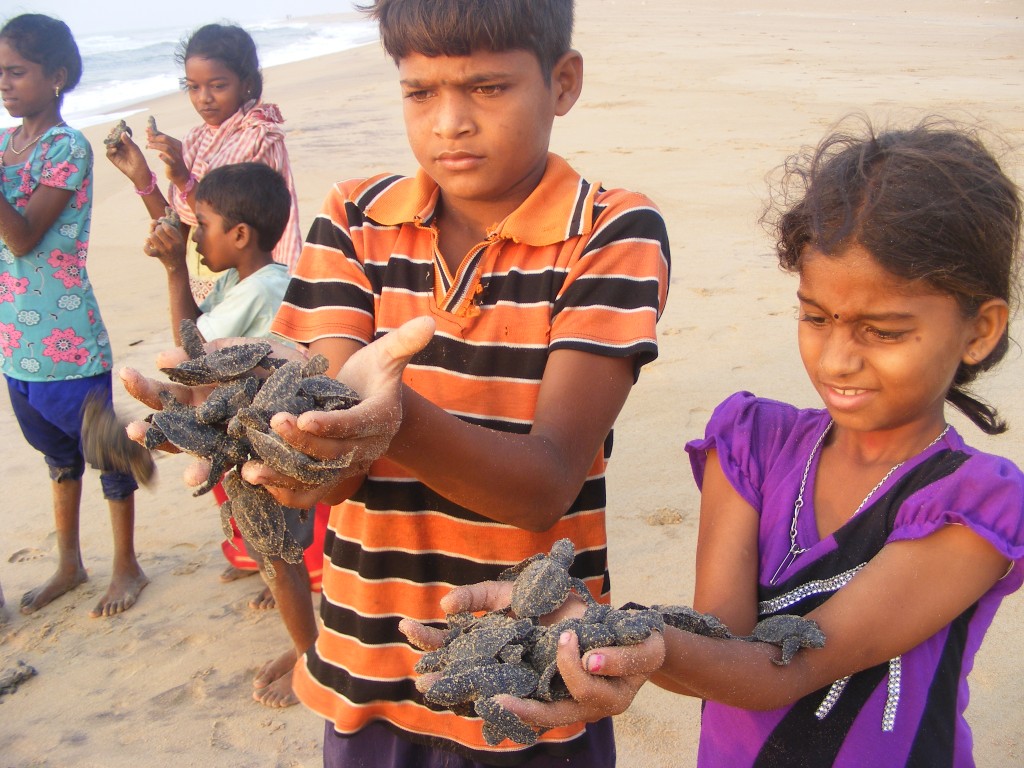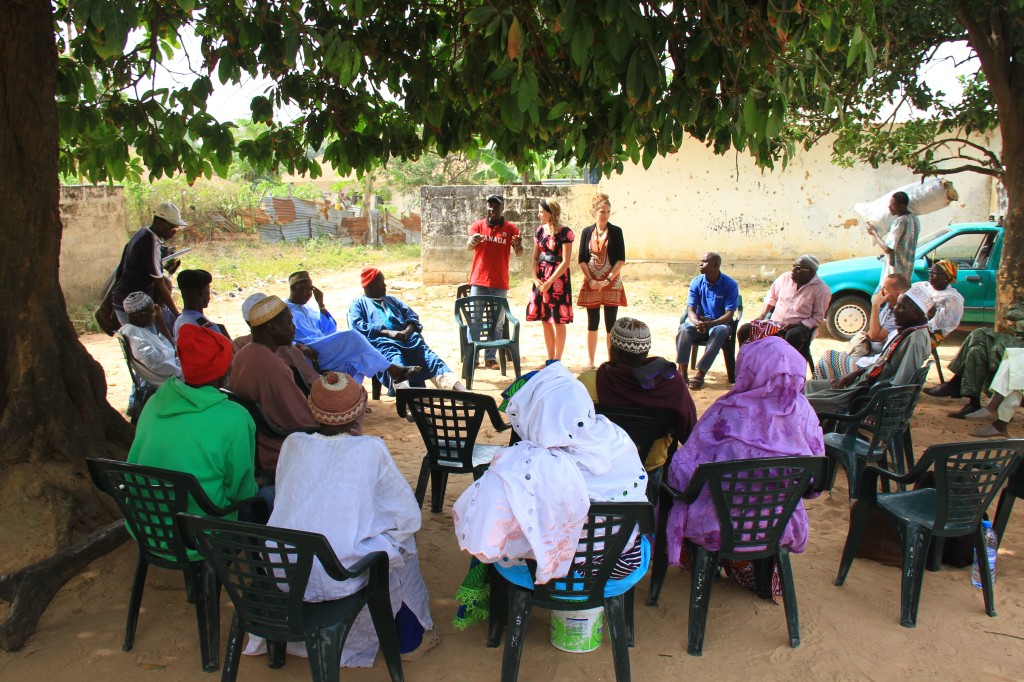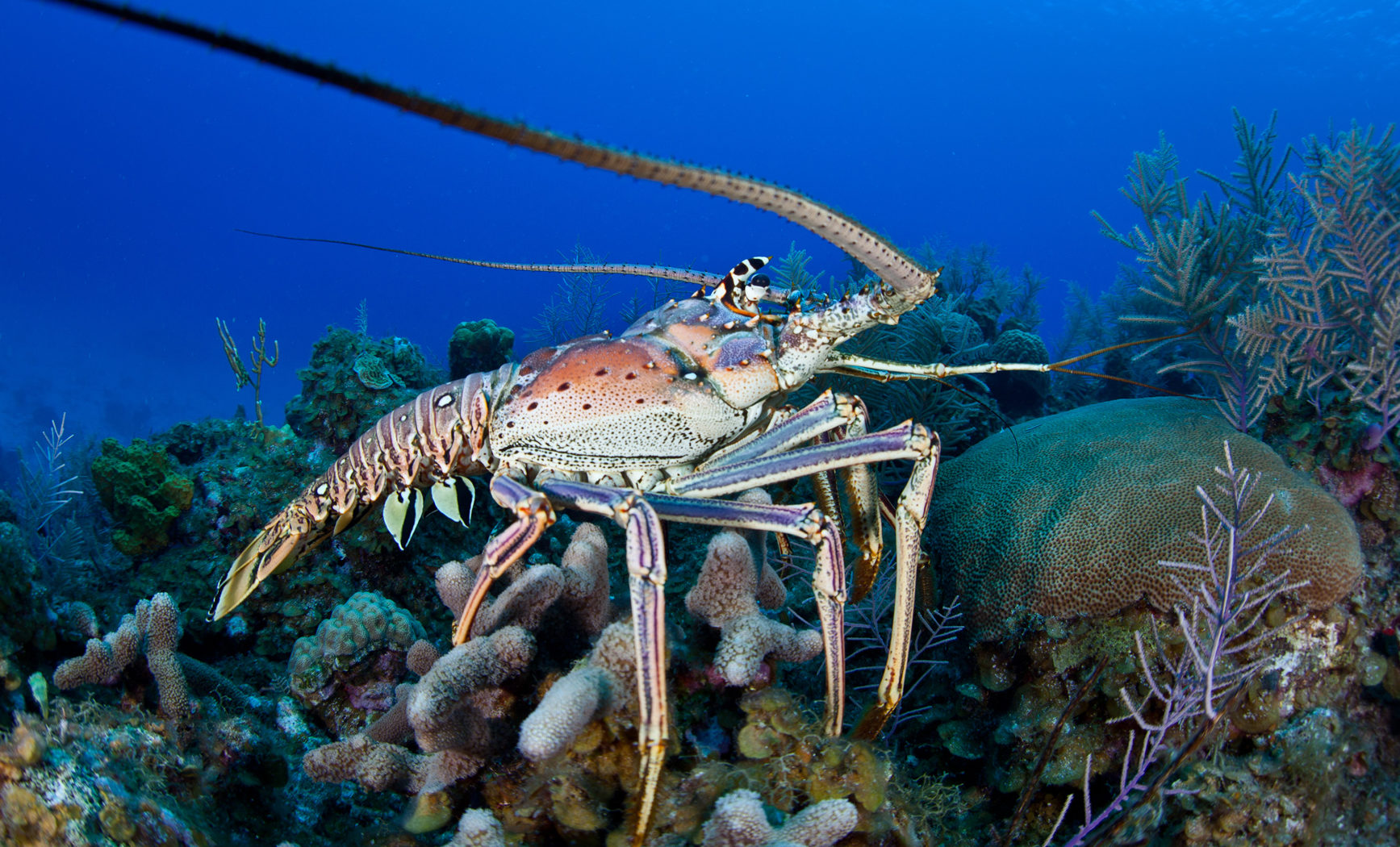Charles, A., Loucks, L., Berkes, F., and D. Armitage. 2020. Community science: A typology and its implications for governance of social-ecological systems. Environmental Science & Policy 106:77-86.https://doi.org/10.1016/j.envsci.2020.01.019
Charles, A., L. Sweeney, L. Dean & R. Zimmerman. 2020. Nova Scotian Communities & COVID-19: Challenges and Resilience. Saint Mary’s University, Halifax, Nova Scotia. Available online:https://www.communityconservation.net/nova-scotian-communities-and-covid-19/
Charles, A. 2018. Meaningful partnerships in meaningful ocean governance. p.24-29 in: The Future of Ocean Governance and Capacity Development: Essays in Honor of Elisabeth Mann Borgese (1918-2002)
Bennett, N., Roth, R., Klain, S., Chan, K., Clark, D., Cullman, G., Epstein, G., Nelson, P., Stedman, R., Teel, T., Thomas, R., Wyborn, C., Currans, D., Greenberg, A., Sandlos, J & Verissimo, D. 2016. Mainstreaming the social sciences in conservation. Conservation Biology
Bennett, N., Roth, R., Klain, S., Chan, K., Christie, P., Clark, D., Cullman, G., Curran, D., Durbin, T., Epstein, G., Greenberg, A., Nelson, P., Sandlos, J, Stedman, R., Teel, T., Thomas, R., Verissimo, D. and Wyborn, C. 2016. Conservation social science: Understanding and integrating human dimensions to improve conservation. Biological Conservation 205: 93–108
Berdej, S., D. Armitage and A. Charles. 2016. Governance and Community Conservation. Community Conservation Research Network. Halifax, Nova Scotia.
Charles, A. Governance of tenure in small-scale fisheries: Key considerations. Land Tenure Journal 1:9-37. (2013)
Coastal CURA: Communities Managing Coasts Together. 2011. People in Places: Engaging Together in Integrated Resource Management. An International Conference in Halifax, Canada. June 27-29, 2011. [Available online at: http://www.coastalcura.ca/cap_follow2.html]
Graham, J., A. Charles, and A. Bull. 2006. Community Fisheries Management Handbook. Gorsebrook Research Institute, Saint Mary’s University, Halifax, Canada, 135p. https://www.communityconservation.net/wp-content/uploads/2016/07/CommunityFisheriesManagementHandbook.pdf



